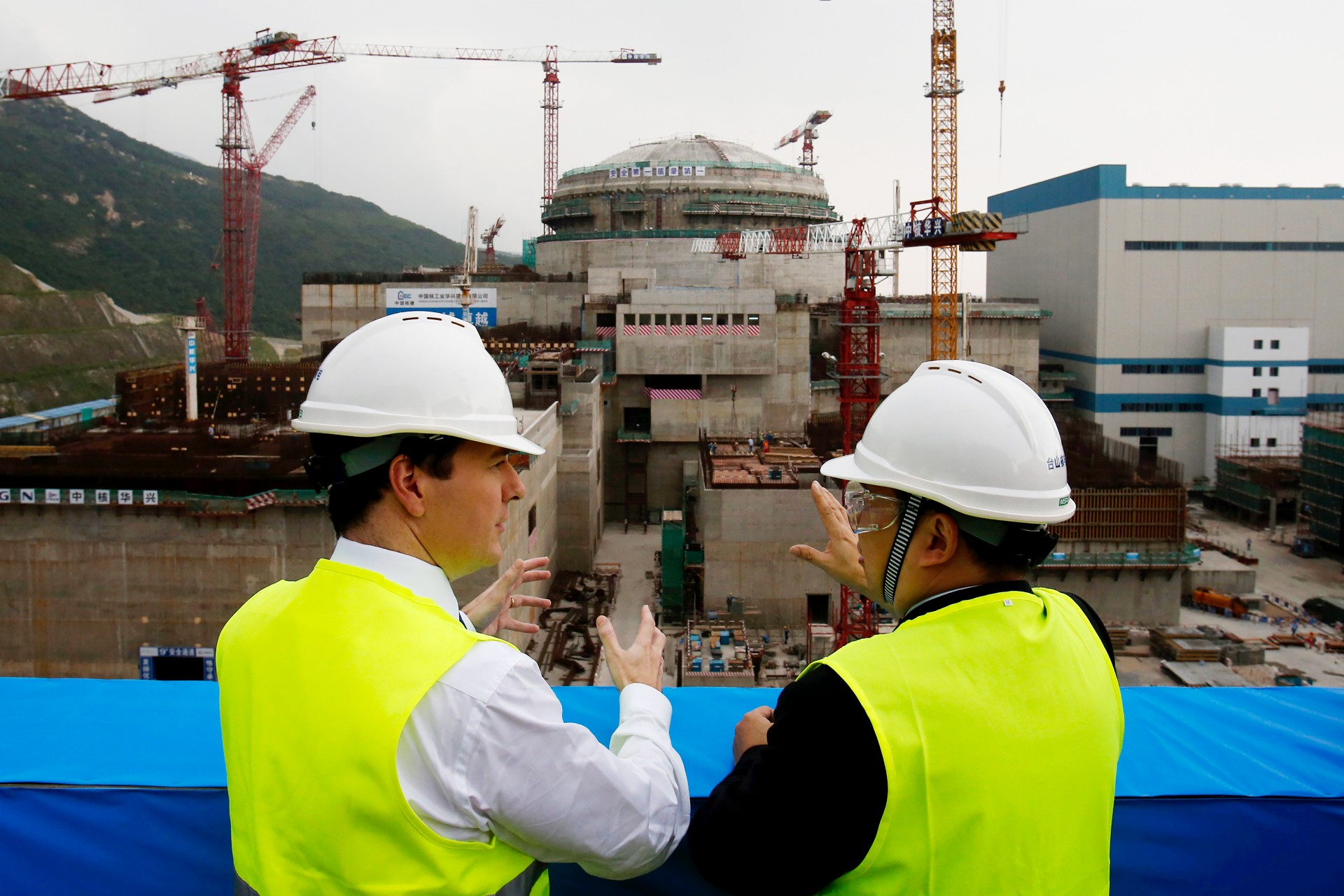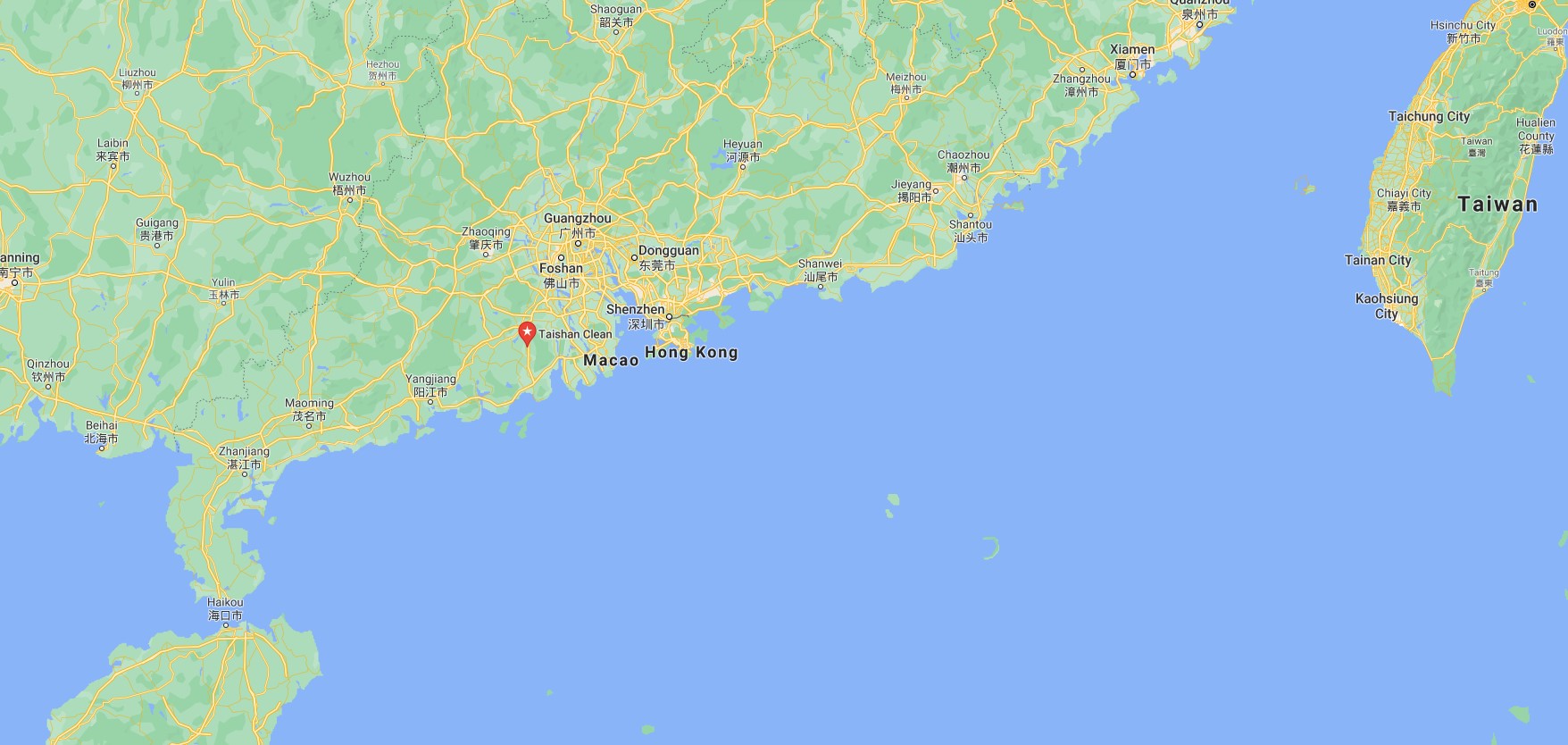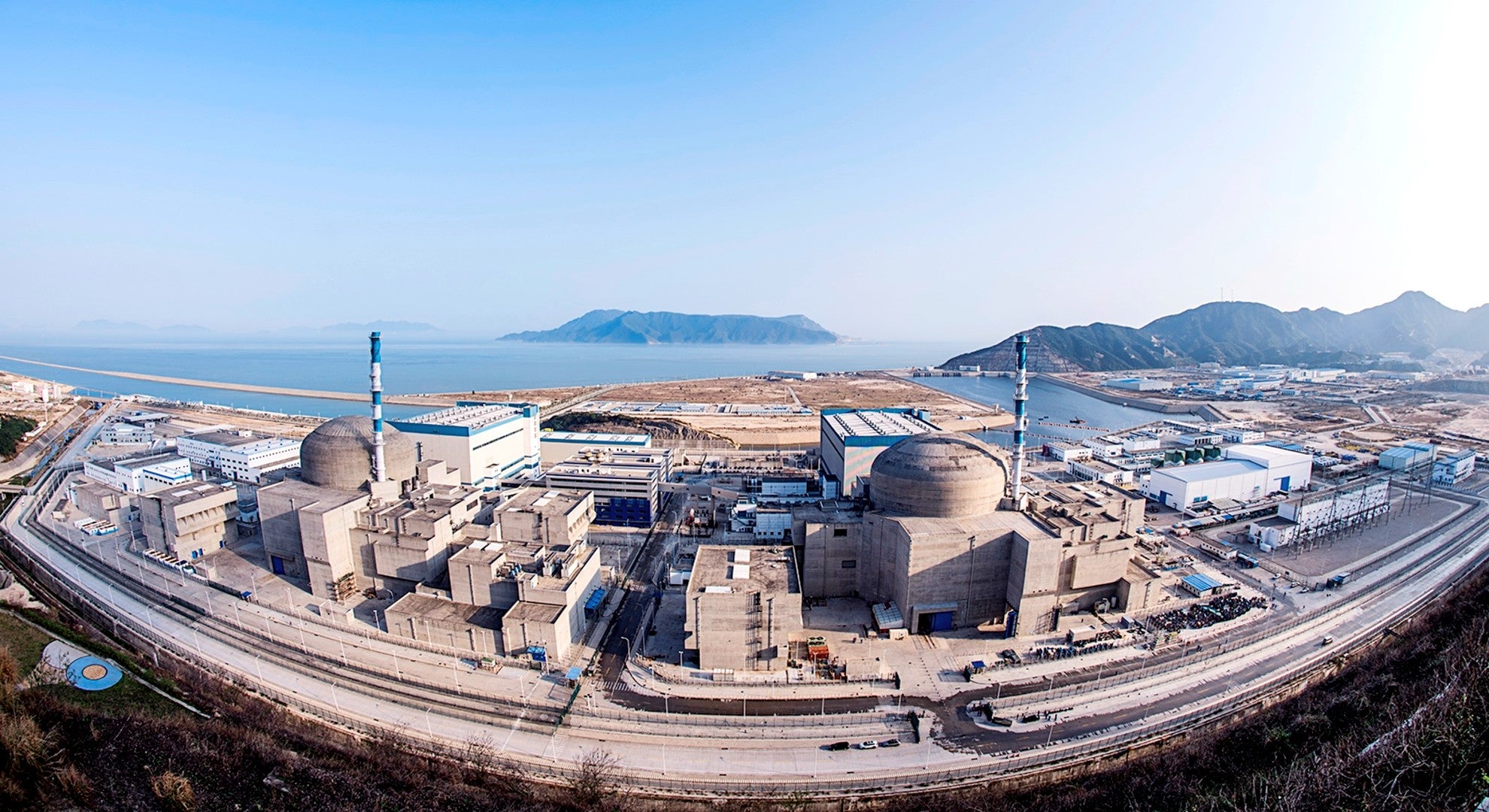Global concerns of a possible ecological and geopolitical disaster loom large as China has finally admitted that some of the nuclear fuel rods in its Taishan Nuclear Power Plant are damaged and that radioactive gases are building up inside one of its reactors. The Chinese government announced this week that no abnormal radiation has been detected outside of the plant, however, while a French company that helps operate and jointly owns the facility has claimed the radiation presents an “imminent radiological threat.”
The security and health concerns stem from a build up of radioactive gasses in the water and steam surrounding the fuel rods in one of the plant’s reactors. According to reports, China has admitted that “about five” of the fuel rods in the reactor are damaged, but the plant is said to be capable of operating safely with up to 0.25% of its 60,000 fuel rods, or 150, damaged. French nuclear energy company Framatome, owned by Electricity of France (EDF), which controls a stake in the plant and helps operate it, has meanwhile stated the situation is caused by a degradation of the fuel rods’ housings within the reactor. “The presence of certain noble gases in the primary circuit is a known phenomenon, studied and provided for in the reactor operating procedures,” reads an EDF statement. However, The New York Times
reports that experts say such build-ups of radioactive gasses are often caused by “poor design, manufacturing, or management.” Based on somewhat conflicting statements, it’s unclear how dangerous the situation may currently be in Taishan.

Taishan is located in Guangdong province in southern China and is close to several major metropolises such as Macau, Hong Kong, Guangzhou, and the major industrial hub of Shenzhen. Obviously, a nuclear accident in the area would cause an immense health crisis. Four of the surrounding cities (Dongguan, Hong Kong, Shenzhen, Guangzhou) are among the top 50 most populated cities in the world, with close to 40 million people between them.

CNN
reports that sources close to the Biden administration have determined the situation at Taishan is not yet at a “crisis level” and “does not currently pose a severe safety threat to workers at the plant or Chinese public.” However, documents obtained by CNN also accuse Chinese safety officials of raising acceptable limits for radiation in the area surrounding the plant in order to avoid shutting it down.
When asked for comment, Chinese Foreign Ministry spokesperson Zhao Lijian told reporters “there is nothing abnormal detected in the radiation level surrounding the plant.” Chinese news agencies have ben reporting similar headlines. “The operational safety of the nuclear power plant is guaranteed,” China’s Ministry of Ecology and Environment said, according to China Daily. “The premise in the CNN report is wrong.”
The White House National Security Council has convened multiple times in recent weeks to discuss the situation, led by NSC Senior Director for China Laura Rosenberger and Senior Director for Arms Control Mallory Stewart. In addition, the White House has been in close communication with the Chinese and French governments and has consulted with subject matter experts at the Department of Energy (DOE). U.S. government officials declined CNN’s requests to discuss their assessments, but according to current treaties in place, the U.S. would be required to make known any risk to the Chinese public posed by a potential nuclear accident.
CNN also reports that Framatome reached out to the U.S. Department of Energy requesting help in assessing the dangers posed by the buildup of radioactive gasses at Taishan. EDF, Framatome’s parent company, holds a 30% stake in the plant alongside the state-owned China General Nuclear Power Group (CGN), which controls the other 70%. However CGN is on the U.S. Government’s Entity List, meaning the government believes they act “contrary to the national security or foreign policy interests of the United States” and, therefore, the United States or U.S.-owned businesses cannot conduct business with them. Framatome has reportedly asked that the U.S. waive that restriction in order to seek the help of American nuclear experts.
“The situation is an imminent radiological threat to the site and to the public and Framatome urgently requests permission to transfer technical data and assistance as may be necessary to return the plant to normal operation,” read a June 8 memo Framatome sent to the Energy Department, according to CNN.
However dire the situation has been reported in some headlines, other experts have cast doubts on the assessments claiming a nuclear disaster could be imminent. The International Atomic Energy Agency (IAEA) stated that it has not received any indication that a radiological incident has occurred, according to the BBC. Najmedin Meshkati, a nuclear safety expert at the University of Southern California, told the New York Times that damaged fuel rods are a common occurrence and that it’s unlikely the conditions at the Taishan plant are a serious threat to public safety.
Meanwhile, an unnamed spokesperson for EDF Energy, the French company that helped build and helps operate the plant, said the situation may seem dire but is under control. “We are not in a scenario of an accident with a melting core,” the spokesperson said. “We are not talking about contamination, we are talking about controlled emissions.” A separate EDF statement published by CNN echoes that reassurance. “According to the data available, the plant is operating within the safety parameters,” that statement claims. “Our team is working with relevant experts to assess the situation and propose solutions to address any potential issue.”

While there does not seem to be any consensus yet on the dangers posed by the damaged fuel rods at the Taishan Nuclear Power Plant, any type of radiological incident in close proximity to so many heavily populated urban areas could wreak havoc on the Chinese and Hong Kong public if any potential radioactive contamination grows to unsafe levels. A major nuclear emergency along the already tense South China Sea would undoubtedly have public health implications that go far beyond China’s borders, as well.
We will continue to monitor the situation in Taishan and update our reporting as new information comes to light.
Contact the author: Brett@TheDrive.com
